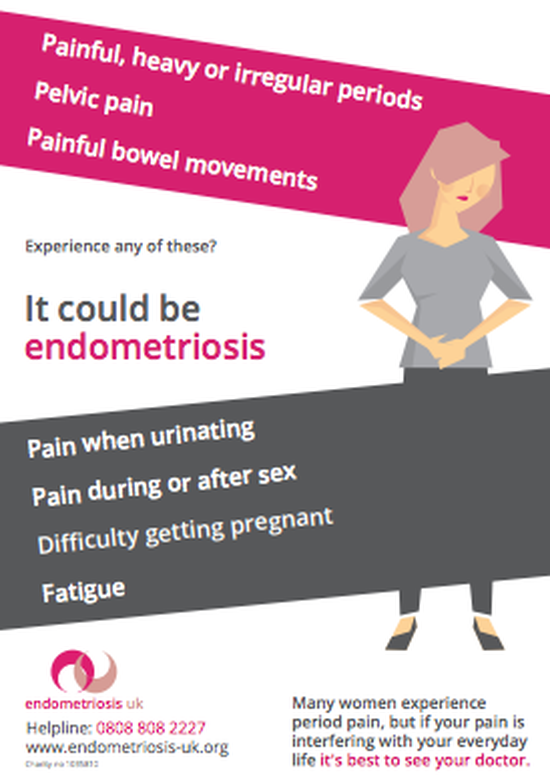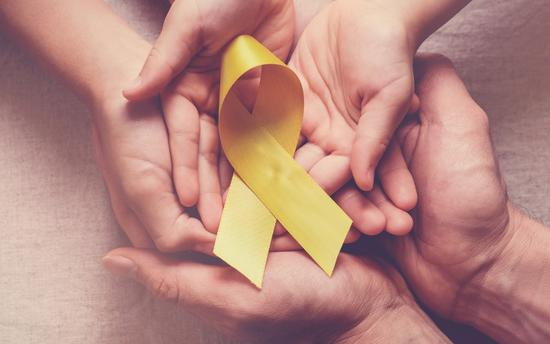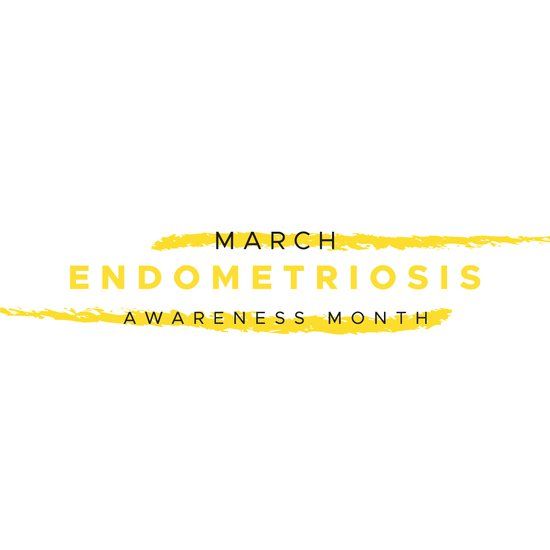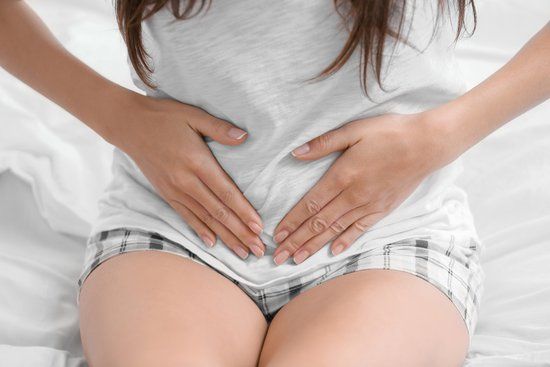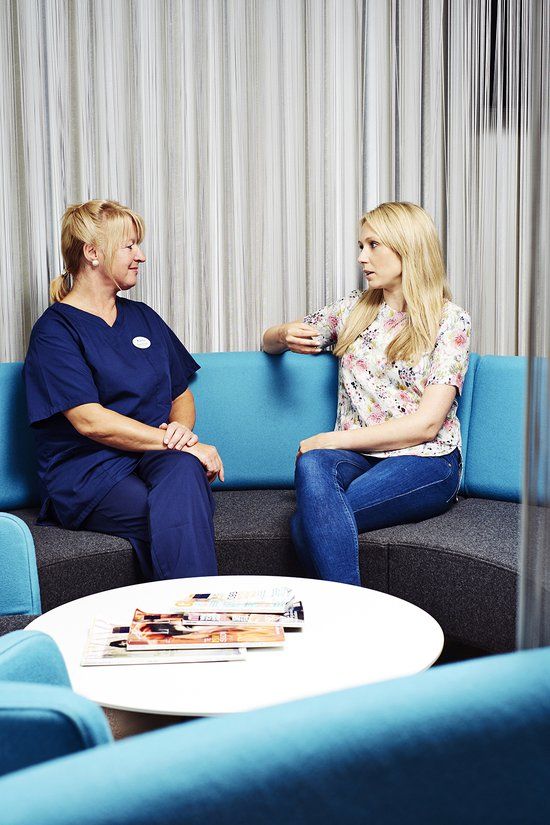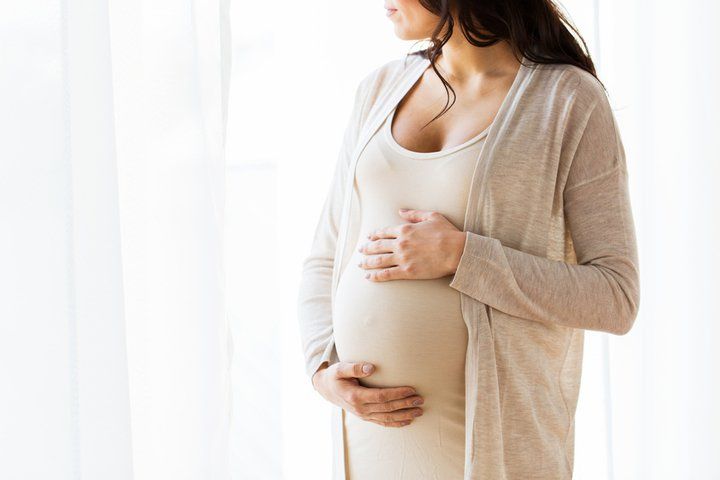
It’s Endometriosis Awareness Week (3-12 March), and with diagnosis taking an average of over seven years according to Endometriosis UK, many women are left struggling to conceive and have a family due to the infertility it can cause.
Infertility is one of the side effects of endometriosis, a condition where cells similar to those in the lining of your uterus to grow elsewhere in the body. Causing inflammation and pain, scar tissue builds up anywhere the cells are growing – typically in the pelvis, fallopian tubes and around the ovaries - preventing these from functioning properly.
With the disease doubling the risk of infertility in under 35s, how it affects your fertility depends on how severe the condition is. Whilst many women with endometriosis can conceive successfully through IVF using their own eggs, some women may have a higher chance of pregnancy by using donor eggs.
Donor eggs IVF for endometriosis
Donor eggs may be advised if the disease is extensive and has caused damage to the ovary, affecting ovarian reserve, egg quality and quantity.
If you have endometriosis the main factors that influence whether you may be able to use your own eggs or donor eggs for IVF are:
- Your age: Donor eggs are advised in older women especially if you’re over 44
- How well you may respond to ovarian stimulation
- The likely quantity and quality of eggs you’ll produce
- The severity of your endometriosis and where the cells have grown
We will be able to get a good understanding of your likely response to stimulation through a blood test where we examine your Anti Mullerian Hormone (AMH) level and your Follicle Stimulating Hormone (FSH) level. AMH is a hormone made by the ovarian follicle that contains the egg; whilst FSH is the hormone that ensures you produce mature eggs for ovulation.
If your AMH levels are considered low, there aren’t many active ovarian follicles, which means fewer eggs. If your FSH level is also high, this means your body is producing a lot of hormones in an effort to stimulate your ovaries, which may indicate again that your ovarian reserve is low.
Endometriosis – an individualised approach
As endometriosis affects all women differently, your fertility treatment will always be individualised taking into account the results of your fertility investigations, your diagnosis, severity of the disease and any previous history of fertility treatment.
UK donor eggs – no waiting list
If donor eggs do give you the best chance of a baby, there’s no waiting list at Manchester Fertility. We have UK donor eggs ready for you now at our Cheshire clinic from an extensive choice of identifiable, HFEA health-screened and traceable egg donors.
You have the choice of IVF with fresh donor eggs – where your chosen donor’s donation cycle is synchronised to your IVF cycle – or IVF with frozen donor eggs from our donor egg bank.
Using an egg donor – personal support
Deciding to use donor eggs can be a very sensitive and often emotional decision, especially when also coping with a diagnosis of endometriosis.
Our counsellors and dedicated Donation Team give personal support and guidance to all women who need to use an egg donor.
If you’d like our help to have a baby, speak to our friendly team on 0161 300 2737 or book in for a free one-to-one where you can discuss IVF with donor eggs in private and in confidence.
If you suspect you may have endometriosis, or have been diagnosed, visit Endometriosis UK for useful support and advice, including endometriosis symptoms.
Last updated: 4th October 2019


